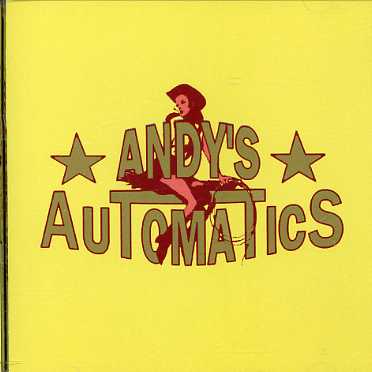
In Dwight D. Eisenhower and the Federal Highway Act, Charles Zug contests all these assumptions. Through archival research, Zug shows that Eisenhower's attempt to lead highway expansion during 1952-1955 ended in dismal failure. Far from championing the separation of powers, Eisenhower sought to marginalize Congress from the legislative process by secretly writing a transformative highway bill within the confines of his White House. And once it was announced, Eisenhower's highway plan was almost universally panned: Ike's own comptroller general deemed the plan's funding mechanism "illegal" before a bipartisan majority laughed it out of the Senate in the spring of 1955. The highway bill that did eventually pass Congress in 1956, and that went on to launch the modern interstate system, was written by congressional Democrats and emphatically rejected Eisenhower's basic approach to highway reform.
Drawing on executive politics, American political development, and leadership studies, Zug uses the Federal Highway Act to argue for a foundational reassessment of Eisenhower's legacy as highway founder, president, and political leader.







